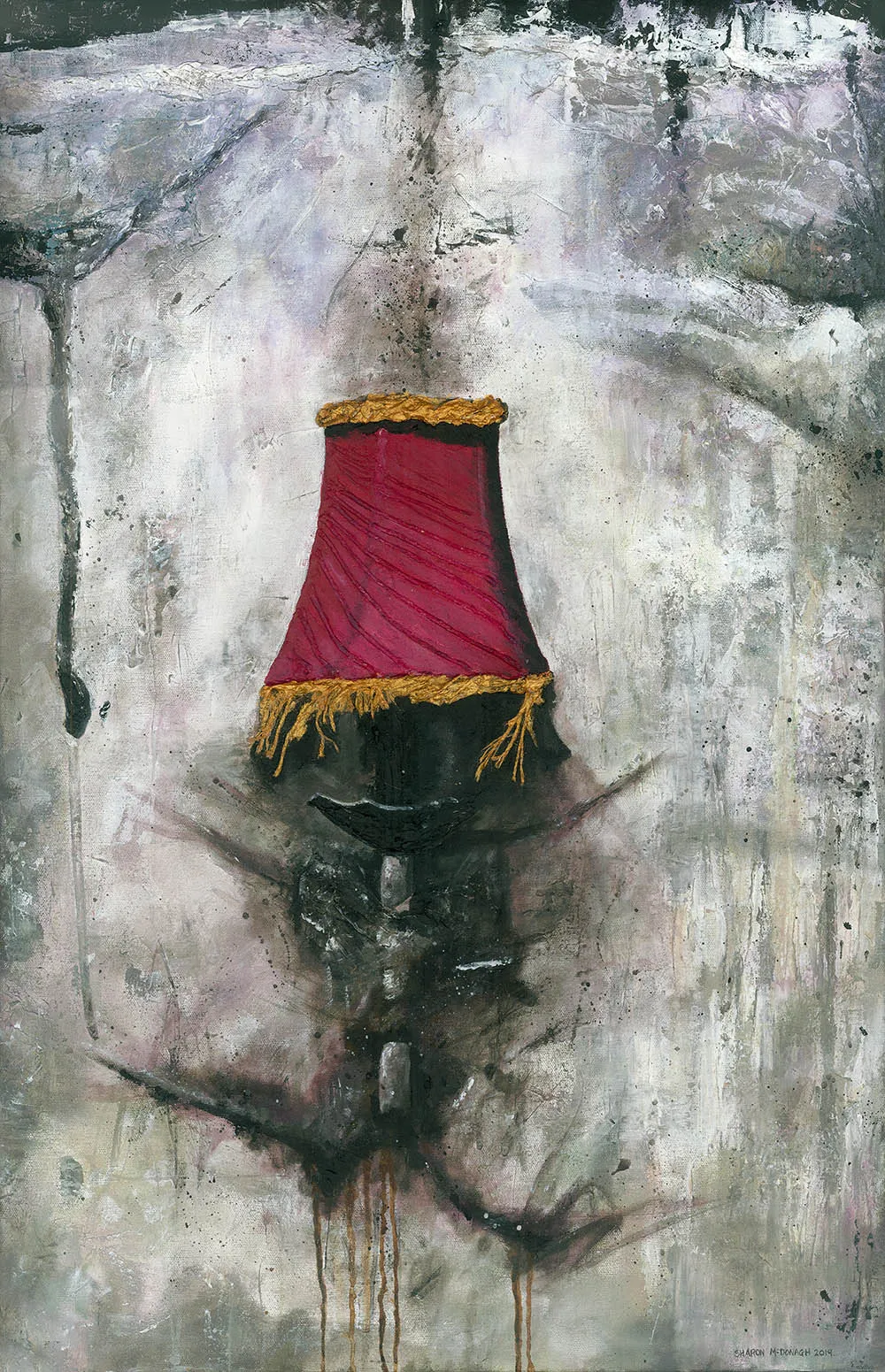Dereliction

How do I seek answers,
If I don’t know the Questions?
“Thou shalt not feel guilt”
Yet I seek Redemption
“Righteous, Kind, and Virtuous”
Full of self-conviction
“Pure as the running water”
Drowning in my illusory perfection
While deep beneath the darkness
Sprouts my rotten Dereliction
Say: “Shall we tell you of those who lose most in respect of their deeds?
Those whose efforts have been wasted in this life, while they thought that they were acquiring good by their works?”
They are those who deny the Signs of their Lord and the fact of their having to meet Him (in the Hereafter): vain will be their works, nor shall We, on the Day of Judgment, give them any weight.
— Surah 18 (The Cave).
Such there is Night، not Night as ours—Unhappy Folk
— J.R.R. Tolkien.
The Unhappy Folk: unhappyfolk.org
Telegram: unhappyfolk.t.me
Mail: msg@unhappyfolk.org
